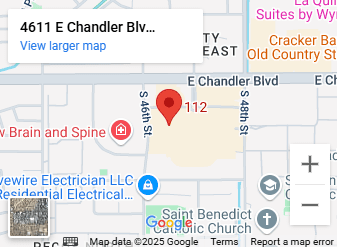How Do I Know If a Phoenix Business Broker Is Trustworthy and Effective?
Choosing the right intermediary can make or break a business sale, so knowing if a Phoenix business broker is trustworthy and effective is crucial for protecting your investment and achieving optimal results. This guide equips owners and buyers with actionable criteria—from licensing and certifications to ethical standards, proven performance metrics, essential skills, red-flag warnings, targeted evaluation questions, and the power of local market expertise. You will discover:
- The mandatory licensing and certification requirements for legal and professional compliance
- Quantifiable experience indicators and the role of client feedback in assessing reliability
- Integrity benchmarks and confidentiality safeguards that define ethical practice
- Core transactional skills that drive successful valuations, negotiations, marketing, and due diligence
- Common warning signs that signal untrustworthy behavior
- Specific questions to ask before engagement
- How deep Phoenix market knowledge influences deal outcomes
This structured roadmap ensures you can validate credentials, evaluate track records, and select a broker who delivers both trust and effectiveness.
Identifying Trustworthy Phoenix Business Brokers

A Phoenix business broker must hold an active Arizona Department of Real Estate license and often pursue specialized credentials to guarantee regulated oversight and advanced expertise. Licensing enforces baseline education, background scrutiny, and continuing education, while certifications like Certified Business Intermediary (CBI) and IBBA membership demonstrate adherence to rigorous ethical standards and industry best practices. For example, an ADRE license demands 90 hours of pre-licensing coursework plus passing a state exam, and a CBI designation requires completion of an IBBA-approved curriculum.
| Entity | Attribute | Value |
|---|---|---|
| Arizona Department of Real Estate License | Minimum Education | 90 hours of broker-specific coursework and a state examination |
| Certified Business Intermediary (CBI) | Professional Training | IBBA-accredited curriculum and ethical code compliance |
| IBBA Membership | Industry Association Access | Networking, resources, and adherence to professional standards |
Licensing and Certification in Business Brokerage
Business brokers are often required to hold licenses and may pursue certifications to demonstrate expertise and adhere to ethical standards. These credentials ensure brokers meet specific educational and ethical requirements, providing a baseline of professional conduct and consumer protection and business listings.
Arizona Department of Real Estate
How Does the Arizona Department of Real Estate License Ensure Broker Credibility?
An Arizona Department of Real Estate (ADRE) license ensures broker credibility by requiring formal education, successful completion of a comprehensive exam, and ongoing continuing education to maintain regulatory compliance. This process validates core competencies in real estate law, ethics, and fiduciary duty, protecting sellers and buyers from unqualified representation. Confirming an ADRE license number through the state portal verifies that a broker meets mandatory standards and remains accountable to consumer protection regulations.
What Is the Role of Certified Business Intermediary (CBI) and IBBA Membership?
Certified Business Intermediary (CBI) status and membership in the International Business Brokers Association (IBBA) elevate a broker’s practice by enforcing advanced training, peer review, and a robust ethical framework. A CBI designation indicates proficiency in valuation methods, negotiation tactics, and transaction management, while IBBA membership provides continual education, specialist conferences, and a global network of intermediaries. Together, these designations signal a commitment to excellence beyond basic licensing requirements.
How Can You Verify a Broker’s Credentials and Professional Affiliations?
You can verify a broker’s credentials and affiliations by checking the ADRE license status online, consulting the IBBA directory for current CBI holders, and requesting copies of membership certificates or letters of good standing. Ask to see proof of designation, review official registry entries, and confirm expiration dates. This multi-source validation confirms that a broker’s claimed credentials are active, legitimate, and backed by recognized industry bodies.
What Proven Experience and Track Record Should a Trustworthy Phoenix Business Broker Have?
A reliable Phoenix business broker demonstrates substantial local tenure, a history of closed deals, and a high percentage of successful transactions to reflect consistent performance and market mastery. Quantifiable benchmarks such as years in business, number of completed sales, close-rate percentages, and average sale values provide concrete evidence of effectiveness. For example, a broker with over five years of experience and at least twenty closed transactions indicates both resilience and repeatable success in the Phoenix market.
| Entity | Attribute | Value |
|---|---|---|
| Years of Experience | Local Market Tenure | Minimum 4 years working in Phoenix area |
| Successful Transactions | Deals Closed | At least 5 business sales |
| Average Close Rate | Transaction Success Rate | Over 70% of listed businesses sold |
| Client Testimonials | Positive Feedback Percentage | More than 80% favorable reviews |
How Many Successful Transactions and Years of Experience Indicate Reliability?
A broker with a minimum of four years of continuous operation in the Phoenix business sales arena and at least five completed transactions typically exhibits the refined processes, local connections, and negotiation savvy required for dependable results. Consistent deal flow over an extended period also demonstrates adaptability to market fluctuations and regulatory changes.
Why Are Client Testimonials and Reviews Critical for Broker Evaluation?

Client testimonials and online reviews function as social proof, revealing a broker’s communicative transparency, ethical treatment of sensitive data, and ability to meet or exceed client expectations. High percentages of positive feedback—especially references to smooth closings, fair valuations, and attentive service—provide third-party confirmation of a broker’s reliability and effectiveness.
Importance of Client Testimonials
Client testimonials and reviews are crucial for evaluating a broker’s performance, as they provide insights into their communication, ethical behavior, and ability to meet client expectations. Positive feedback, especially regarding smooth closings and fair valuations, confirms a broker’s reliability.
International Business Brokers Association (IBBA)
How Does a Business Broker’s Local Phoenix Market Experience Impact Their Effectiveness?
Deep familiarity with Phoenix economic drivers—such as the technology, healthcare, and manufacturing sectors—enables brokers to position businesses at the right price point, target qualified buyers, and anticipate regional challenges. Local market intelligence enhances valuation accuracy, marketing precision, and negotiation leverage, translating into faster sales and optimized deal terms.
How Do Integrity, Ethics, and Confidentiality Define a Trustworthy Phoenix Business Broker?
Integrity, ethics, and confidentiality form the bedrock of trustworthiness by ensuring honest representation, impartial guidance, and protection of sensitive information throughout the transaction lifecycle. Ethical conduct reduces conflict of interest risks, while strict confidentiality preserves business goodwill and prevents market speculation. For instance, requiring nondisclosure agreements and maintaining discreet marketing protocols safeguards a seller’s operational stability until a transaction is finalized.
What Are the Signs of a Broker’s Unwavering Integrity and Ethical Conduct?
A broker’s unwavering integrity and ethical conduct manifest through transparent fee disclosures, formal conflict-of-interest policies, and clear fiduciary duty statements. Brokers who proactively outline potential conflicts, provide written process overviews, and refuse undisclosed commission splits demonstrate a commitment to principled service.
Why Is Confidentiality Vital in Phoenix Business Sales?
Confidentiality prevents customer erosion, staff turnover, and competitive disruptions by ensuring that sensitive details—such as financial records, intellectual property, and buyer identities—remain secure. Executing well-crafted nondisclosure agreements and limiting information dissemination only to pre-qualified buyers fosters a discreet yet effective marketing campaign.
How Can You Assess a Broker’s Transparency and Communication Practices?
Assess transparency by reviewing sample marketing materials, tracking response times to inquiries, and evaluating the clarity of proposed sale strategies. Brokers who provide regular status updates, openly discuss valuation methodologies, and share buyer feedback exemplify transparent communication that underpins trustworthy representation.
What Key Skills Make a Phoenix Business Broker Effective in Business Sales?
An effective Phoenix business broker blends deep local market knowledge, expert valuation techniques, strong negotiation and communication abilities, targeted marketing strategies, and comprehensive due diligence support to steer transactions to successful closings.
Key Skills for Business Brokers
Effective business brokers combine local market knowledge, valuation expertise, negotiation skills, marketing strategies, and due diligence support to facilitate successful transactions. These skills are essential for maximizing sale value and mitigating risks.
National Association of Realtors
How Does Deep Local Market Knowledge Enhance Broker Performance?
Understanding Phoenix’s macro-trends—population growth, industrial expansions, and emerging sectors—empowers brokers to identify optimal listing times, craft compelling buyer pitches, and anticipate valuation shifts. Familiarity with regional buyer profiles and funding sources further streamlines the sales process.
What Business Valuation Expertise Should You Expect from a Business Broker?
Business Brokers should apply multiple valuation approaches—asset-based, income-based (discounted cash flow), and market-based comparables—to triangulate an accurate price range. Using triangulated methods ensures realistic pricing that aligns with buyer expectations while maximizing seller returns.
| Entity | Attribute | Value |
|---|---|---|
| Asset-Based Methods | Valuation Approach | Net asset calculation from audited balance sheets |
| Income-Based Methods | Discounted Cash Flow | Present value of projected cash flows adjusted for risk |
| Market-Based Methods | Comparable Sales | Pricing based on recent sales of similar businesses in Phoenix region |
How Do Strong Negotiation and Communication Skills Benefit Buyers and Sellers?
Effective negotiation secures favorable deal terms—price, payment structure, and contingencies—while clear communication fosters mutual understanding and reduces friction. Brokers who actively listen, articulate options, and manage expectations guide both parties toward a balanced agreement.
What Marketing Strategies Do Effective Brokers Use to Find Qualified Buyers?
Top brokers deploy integrated outreach tactics including confidential direct marketing, targeted digital advertising to industry-specific buyer networks, and curated email campaigns to vetted prospects. Combining broad exposure with rigorous buyer screening maximizes interest quality and transaction efficiency.
How Does Due Diligence Support from a Broker Mitigate Transaction Risks?
By coordinating comprehensive document reviews, financial audits, and site inspections, a broker’s due diligence framework uncovers potential liabilities—legal disputes, undisclosed debts, or operational vulnerabilities—allowing sellers to address issues before closing and buyers to structure informed purchase agreements.
What Are the Common Red Flags to Watch for When Hiring a Phoenix Business Broker?
Identifying red flags early prevents costly mistakes and wasted time. Warning signs include unexpected upfront fees, unrealistic promises, opaque processes, and limited references. Spotting these issues allows you to pivot toward brokers who prioritize integrity and realistic outcomes.
Why Are Upfront Fees Without Clear Justification a Warning Sign?
Requesting substantial retainers or non-refundable deposits without an itemized service breakdown suggests a focus on guaranteed income rather than performance-based engagement. Brokers committed to mutual success usually structure fees around closing milestones.
How Does Overpromising Sale Prices or Timelines Indicate Untrustworthiness?
Guaranteeing a sale at an inflated price or within an improbably short timeframe often signals pressure tactics or lack of market insight. Trustworthy brokers provide conservative estimates based on comparable data and realistic timelines that accommodate due diligence.
What Does a Lack of Transparency or Limited Referrals Reveal About a Broker?
If a broker hesitates to share past client contacts, sample marketing materials, or a clear transaction process, it indicates either inexperience or reluctance to reveal shortcomings. A credible broker welcomes referrals and openly discusses successes and challenges.
How Can You Identify Brokers Who Avoid Co-Brokering or Buyer Screening?
Brokers who refuse to collaborate with other intermediaries or fail to screen buyer qualifications may lack professional networks or standard risk-management practices. Effective brokers leverage partnerships and strict buyer vetting to expand deal reach while preserving confidentiality.
What Questions Should You Ask to Evaluate a Phoenix Business Broker’s Trustworthiness and Effectiveness?
Probing the right areas with targeted questions ensures thorough vetting of credentials, experience, ethics, skills, and potential red flags. Asking specific inquiries helps you compare candidates on an apples-to-apples basis.
- Which licensing and certification verification questions are essential? Ask for ADRE license number, CBI designation confirmation, and proof of IBBA membership.
- What experience and track record inquiries provide insight? Inquire about years in Phoenix market, number of closed deals, and average close rate statistics.
- How to probe a broker’s confidentiality and ethical practices? Request sample nondisclosure agreements, conflict-of-interest policies, and reference contacts.
- What to ask about marketing, negotiation, and due diligence processes? Explore their buyer screening protocols, valuation methodologies, and audit coordination approach.
- How to detect potential red flags through targeted questions? Question upfront fee structures, guarantee claims, and willingness to co-broker.
These questions form a structured checklist that uncovers both strengths and potential concerns before you commit.
How Does Local Phoenix Market Knowledge Influence a Business Broker’s Success?
Phoenix’s dynamic economy—driven by technology startups, healthcare growth, and manufacturing expansions—requires brokers to stay abreast of evolving trends and buyer appetites. Marketplace specialization determines a broker’s ability to match businesses with the right audience and negotiate optimal terms.
What Phoenix Economic Trends Should Brokers Understand?
Key trends include rapidly growing tech incubators, major healthcare facility investments, and incentives for advanced manufacturing. Recognizing these patterns enables brokers to position businesses in sectors with high buyer interest and favorable financing options.
How Does Industry Specialization Affect Broker Effectiveness?
Brokers focusing on niche sectors—such as hospitality, professional services, or light industrial—develop tailored valuation models, targeted buyer lists, and marketing messages that resonate with specific acquirers, resulting in faster, more profitable transactions.
Why Is a Broker’s Network and Buyer Database Important in Phoenix?
A robust network of local investors, private equity firms, and strategic buyers accelerates deal flow by matching sellers directly with qualified prospects. Access to an up-to-date buyer database broadens outreach while preserving confidentiality through controlled introductions.
Selecting a Phoenix business broker with the right credentials, demonstrable track record, ethical commitment, refined skills, and deep market knowledge lays the foundation for a smooth, successful sale. By verifying licenses, scrutinizing experience metrics, probing values and confidentiality practices, and understanding the red-flag warnings, you can engage a partner who aligns with your goals and maximizes transaction outcomes. Comprehensive due diligence and targeted questions ensure you choose a broker whose trustworthiness and effectiveness deliver lasting value.




